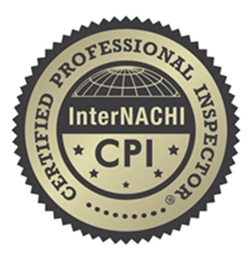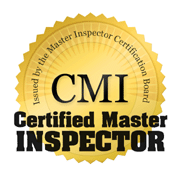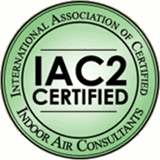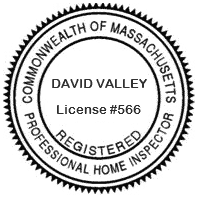Massachusetts Home Inspections YOUR INVESTMENT IS MY CONCERN

Electrical Safety Tips
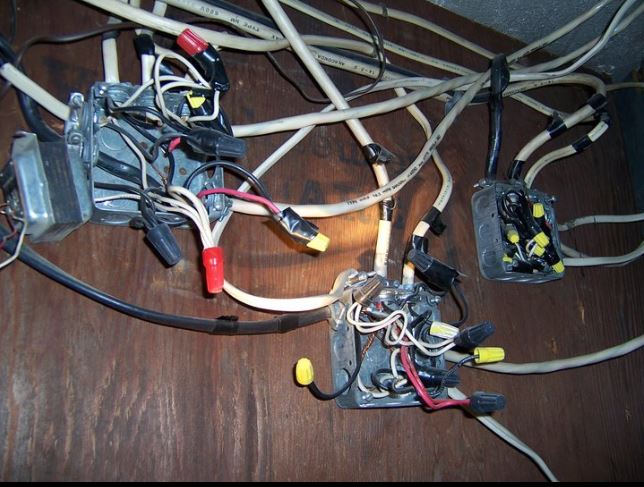
• Never overload your outlets with too many cords. It's especially important to avoid using octopus outlets that allow multiple appliances to be plugged into a single receptacle. If your TV picture shrinks or flickers when major appliances are in use, or if fuses or circuit breakers frequently blow, you should have your circuits and wiring inspected by a licensed Electrician as soon as possible.
• Never remove the third (round) prong from a grounded three-prong plug to make it fit into a two-prong outlet. This poses a serious risk of electrical shock. The third prong connects to the ground wire inside the outlet, which is typically connected to a water pipe or a ground rod at the service panel. In the event of a short circuit, the electricity is meant to flow to the ground, not through your body. Removing this prong is extremely dangerous and could cause the ground fault to travel through you—definitely a situation to avoid.
• If you must use a two-prong (ungrounded) outlet with a three-prong plug, I highly recommend having an electrician upgrade the outlet to a GFCI receptacle. While this will provide additional protection, keep in mind that the outlet will still be ungrounded.
• Appliances that generate heat, such as televisions and computer monitors, should be given several inches of clearance to allow for proper air circulation. Never drape clothes, toys, or other items over these appliances while they are in use.
• Always use electrical appliances and equipment that are approved by Underwriters Laboratories (UL) or other recognized testing laboratories. Look for the UL listing on the label to ensure safety.
• Extension cords should only be used as a temporary solution. Never use them as a permanent substitute for household wiring to power fixtures. Avoid running extension cords under carpets, rugs, or furniture, as constant pressure can cause the wires to separate, leading to a short circuit or even a fire.
• Never unplug or carry an appliance or device by its cord.
• Make it a habit to unplug small appliances when not in use and store them at the back of your counters. Always use the three prongs on appliance plugs, and replace any worn or frayed cords immediately. Never force a plug into an outlet if it doesn’t fit, and never staple or tack cords to walls or floors.
• Teach your kids not to poke things into electrical outlets, toasters, or any other appliances, whether they're on or off. Use plug covers or inserts in all your outlets if smaller children are present.
• Keep electrical cords out of children's reach and teach them that electricity and water never mix. Ensure that radios, hair dryers, and other appliances are either secured or kept out of bathrooms and away from water sources.
• Keep all electrical appliances, such as hair curlers or dryers, away from water-filled tubs and sinks to prevent the risk of electric shock.
Outdoor Safety tips:
• If you have overhead electrical service, be cautious of the drop line from the utility pole to your house. Avoid hitting it with tools or allowing other wires to come into contact with it. Exercise extra care when unloading ladders or long materials from your car, truck, or garage.
• Overhead power lines may appear to be insulated, but they are not. The dark color is likely weather protection or oxidation, not actual insulation. Even if a line appears insulated, it may have flaws, and contact with it can result in serious injury. Always stay clear of overhead power lines! If you need to work near them, contact the utility company before starting any work. Request that safety precautions be taken or that the lines be de-energized.
• Before digging 12 inches or deeper, be sure to contact Massachusetts Dig Safe at 1-888-DIGSAFE (344-7233) to determine the location of any buried utility lines on your property. Alternatively, you can visit www.call811.com
• Outdoor electrical outlets should be equipped with weatherproof covers to protect them from the elements. When using portable tools like saws, trimmers, or drills, ensure the cord is kept behind you to avoid accidental cuts. Always use outlets with GFCIs to provide protection against serious electrical shocks.
Additional info...http://www.nachi.org/electric.htm
Here is what my clients have to say about my home inspection services:
Press F5 (on your keyboard) for additional testimonials


